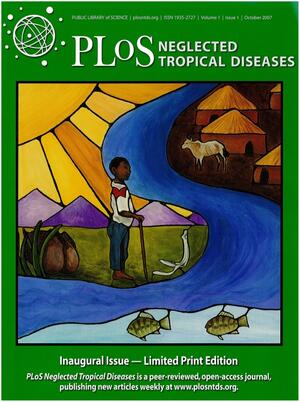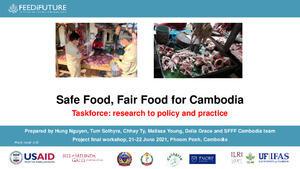
Effect of birth date on growth performance of calves of seasonally-bred range cattle
Abstract
This study was undertaken to investigate the relationship between date of birth and growth performance of calves born to seasonally-bred range cows. Late born calves exhibited an apparent superiority in preweaning growth over that of their early-born counterparts. This was attributed to a positive residual effect of maternal environment arising from the fact that calves born late were those whose dams had a substantial proportion of the critical last trimester of the gestation period in a favourable season. This advantage soon disappeared and early-born calves gained more weight and at a faster rate between 90 days and weaning. A combination of the effect of weaning stress and unfavourable nutritional environment in the immediate postweaning period had a check on calf growth but late borne calves suffered most. It was concluded that in this environment, nutrition was most limiting to calf growth between weaning and 12 months of age and it was during this period that a clear advantage of early birth of calves appeared. Under seasonal breeding and group management of calves, all animals from a calf crop are expected to go to market at the same time, therby rendering age-adjustment of liveweights irrelevant. However, the sale of late calves could be delayed by a few months to take advantage of the rainy season and to exploit compensatory growth. The benefit of this practice should, however, be weighed against both the direct cost (of feeding, veterinary care, labour and so on) and the indirect cost - the competition factor - introduced on the next calf crop.
Citation
Journal of Animal Breeding and Genetics;110(3): 209-227










